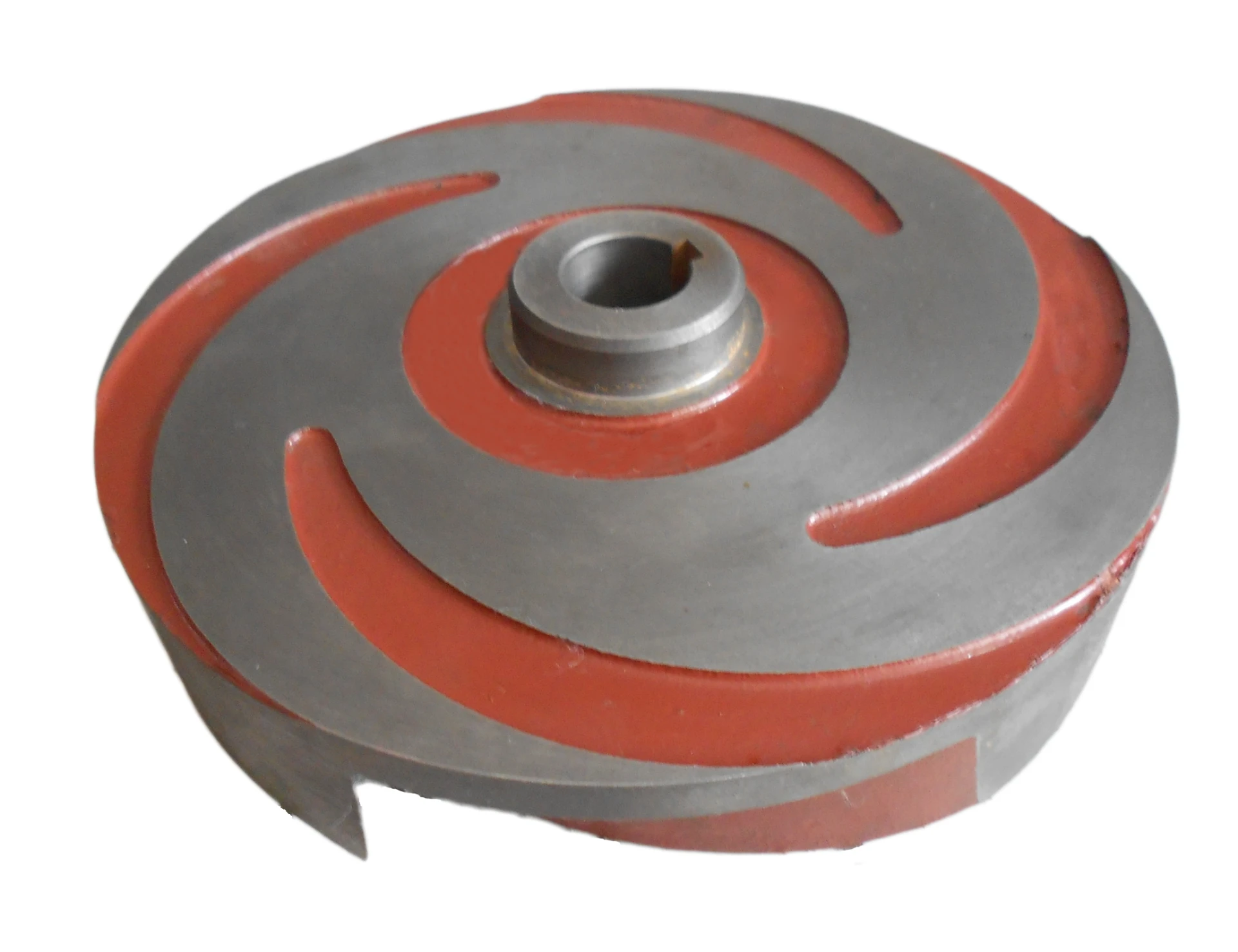Mobile:+86-311-808-126-83
Email:info@ydcastings.com
Precision Die Cast Parts Manufacturer Durable Machinery Solutions
- Industry Overview & Market Demand
- Precision Engineering in Manufacturing
- Competitive Analysis of Material Performance
- Customization Strategies for Industrial Clients
- Operational Efficiency Metrics
- Cross-Industry Application Breakdown
- Future Trends in Component Fabrication

(die cast part)
Meeting Global Demand for Die Cast Parts
The global die cast part
s market reached $76.8 billion in 2023, with automotive applications driving 62% of total demand. Investment casting parts demonstrate 15-20% higher dimensional accuracy compared to traditional methods, particularly in aerospace components requiring tolerances below ±0.001".
Precision Engineering in Manufacturing
Modern die casting machines achieve injection pressures up to 2,500 bar, enabling production cycles under 12 seconds for complex geometries. Key technical advantages include:
- Surface finish quality: Ra 0.8-1.6 µm
- Wall thickness reduction: 0.5mm minimum
- Alloy versatility: Zinc, Aluminum, Magnesium
Competitive Analysis of Material Performance
| Manufacturer | Pressure Tolerance | Unit Cost | Lead Time |
|---|---|---|---|
| Alpha Casting | 1,800 bar | $0.38/unit | 14 days |
| Precision Die Corp | 2,200 bar | $0.42/unit | 10 days |
| MetalTech Solutions | 2,500 bar | $0.51/unit | 7 days |
Customization Strategies for Industrial Clients
Our modular tooling system accommodates 83% of custom die cast part requirements without new mold development. Post-casting treatments increase hardness by 40-60 HV through specialized processes:
- Precision CNC machining (±0.005mm)
- Surface anodizing (25-30 µm thickness)
- Thermal distortion correction
Operational Efficiency Metrics
Automated production lines achieve 94% equipment utilization rates, reducing energy consumption by 18% compared to conventional systems. Real-time monitoring detects dimensional deviations within 0.0005" during high-speed casting operations.
Cross-Industry Application Breakdown
Medical device manufacturers report 22% lower rejection rates using our investment casting parts for surgical instruments. In consumer electronics, die cast aluminum enclosures demonstrate 35% better heat dissipation than plastic alternatives.
Advancements in Machinery Part Fabrication
Next-generation vacuum die casting machines eliminate 97.5% of porosity defects, enabling production of safety-critical automotive components. Hybrid manufacturing systems combining die casting and 5-axis machining reduce total lead times by 40% for complex machinery parts.

(die cast part)
FAQS on die cast part
Q: What are the advantages of die cast parts over investment casting parts?
A: Die cast parts offer faster production cycles and tighter dimensional accuracy compared to investment casting. They are ideal for high-volume manufacturing, while investment casting suits complex, low-volume components.
Q: Can die cast parts be used in heavy machinery applications?
A: Yes, die cast parts made from aluminum or zinc alloys are widely used in machinery for their strength-to-weight ratio. They perform well in gears, housings, and structural components under moderate stress.
Q: How does surface finish differ between die cast and machined parts?
A: Die cast parts typically have smoother as-cast surfaces than rough-machined parts. Secondary machining can further refine die cast surfaces to meet precise tolerances and texture requirements.
Q: What industries commonly use investment casting parts?
A: Investment casting parts are prevalent in aerospace, medical, and energy industries. Their ability to create intricate geometries makes them suitable for turbine blades, implants, and precision tools.
Q: Are die cast parts cost-effective for custom machinery components?
A: Die casting becomes cost-effective for custom machinery parts requiring high-volume production. For small batches, machining or investment casting may offer better affordability and flexibility.
-
Impeller Technology That Powers Precision in Pump SystemsNewsMay.22,2025
-
Valve Durability Begins with Quality Cast Iron ComponentsNewsMay.22,2025
-
Performance Cooling with Advanced Automobile Water Pump SolutionsNewsMay.22,2025
-
How Motor Housing and Oil Pans Shape Engine PerformanceNewsMay.22,2025
-
How Metal Castings Drive Modern Manufacturing EfficiencyNewsMay.22,2025
-
Exploring the Engineering Behind Valve Body CastingsNewsMay.22,2025











